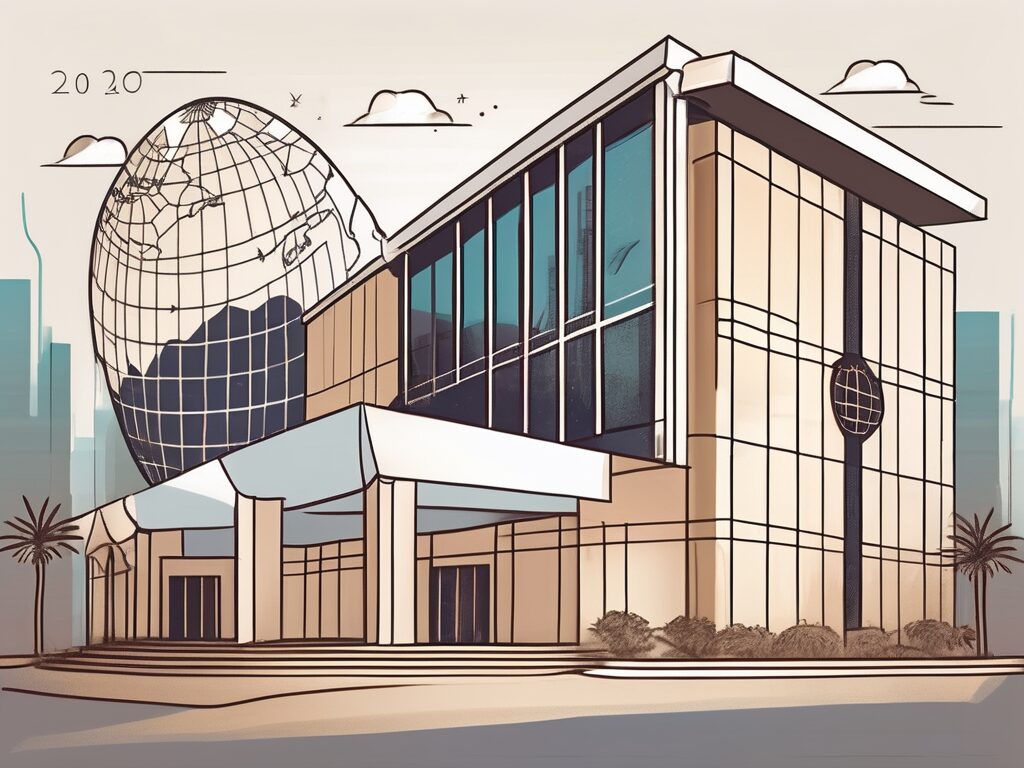A Comprehensive Guide to Teaching in International Schools in Saudi Arabia
Beginning a teaching career in international schools within Saudi Arabia presents a unique opportunity for educators seeking to expand their professional horizons. The Kingdom is characterized by a distinctive amalgamation of rich cultural heritage and contemporary educational practices, creating an enriching environment for teaching. It is imperative for prospective teachers to familiarize themselves with the educational landscape, curriculum offerings, and cultural dynamics to facilitate a seamless transition and a fruitful tenure.
Understanding the Teaching Environment
Overview of the International School System
The international school system in Saudi Arabia is notably diverse, accommodating a wide array of nationalities and educational curricula. These institutions primarily cater to the expatriate community, offering programs aligned with educational standards from countries such as the United Kingdom, the United States, and Canada. This diversity not only enriches the teaching experience but also allows educators to acquire insights into various educational frameworks.
International schools in Saudi Arabia are generally well-equipped, featuring advanced facilities and technology. Class sizes tend to be smaller compared to public schools, which facilitates a more personalized approach to education and enhances the student-teacher ratio. This environment mirrors the private school system in the UK, where resource availability and individual attention are prioritized.
Teaching Hours and Academic Calendar
The teaching hours in Saudi international schools align closely with those observed in Western educational systems. A typical school day commences at approximately 7:30 AM and concludes around 3:30 PM, with weekends designated for Friday and Saturday. This schedule reflects local cultural practices, differing from the conventional Monday to Friday workweek prevalent in many Western countries.
The academic calendar typically includes two major breaks: a winter recess in December and a spring break in April. Additionally, public holidays are observed for significant Islamic festivals, such as Eid al-Fitr and Eid al-Adha. These breaks provide educators with opportunities to explore the Kingdom or travel to neighboring regions.
Curriculum Frameworks
Available Curriculum Options
International schools in Saudi Arabia offer a variety of curricula, often determined by the predominant nationality of the student body. For example, institutions with a significant British enrollment may implement the National Curriculum of England, akin to that found in schools across London or Manchester.
Other prevalent curricula include the American educational system, the International Baccalaureate (IB), and the Indian CBSE curriculum. Each curriculum presents distinct pedagogical approaches and assessment methodologies, thereby providing a broad spectrum of teaching experiences for educators.
Language of Instruction
English is the primary language of instruction in most international schools in Saudi Arabia, which is advantageous for native English speakers as it mitigates potential language barriers. Furthermore, many schools offer Arabic language classes and additional language options, reflecting the multicultural composition of the student population.
Cultural Considerations for Educators
Adhering to Local Customs
Working and residing in Saudi Arabia necessitates an understanding and respect for local customs and traditions. The Kingdom adheres to conservative Islamic principles, and it is crucial for educators to observe these customs, including appropriate dress codes and awareness of prayer times during the school day. This cultural sensitivity is akin to the adaptability required when teaching in diverse educational settings.
Fostering Relationships
Establishing strong interpersonal relationships is vital in the Saudi educational context. The culture places significant emphasis on personal connections and hospitality. Investing time in building rapport with colleagues, students, and their families can greatly enhance the overall teaching experience. This approach is reminiscent of the community-oriented environment found in smaller educational institutions.
Conclusion
Teaching in international schools in Saudi Arabia offers a rewarding career path, providing educators with the chance to immerse themselves in a new culture, gain valuable international teaching experience, and enjoy a high standard of living. By comprehensively understanding the teaching environment, curriculum options, and cultural nuances, educators can ensure a successful and enriching teaching experience in the Kingdom.
Enhance Your International Teaching Career with IPGCE
Are you prepared to elevate your teaching career in Saudi Arabia’s international schools? The IPGCE program serves as a vital resource for overcoming qualification barriers, advancing your professional journey, and connecting with a global network of educators. Join the ranks of successful educators who have experienced significant increases in interview callbacks, promotion rates, and salary enhancements. Embrace the opportunity for professional development while balancing your commitments through our flexible online study options. Do not let inadequate credentials or isolation impede your progress. Enroll in the UK’s leading Teacher Training Course today and embark on a promising future in international education.

